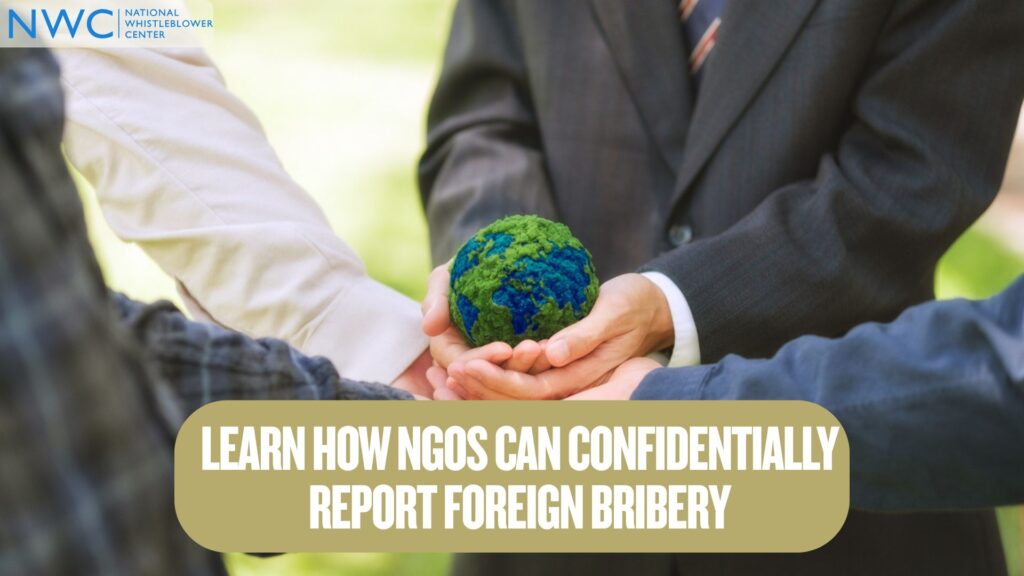With the future of global anti-corruption enforcement in doubt—and the U.S. signaling it may retreat from its long-standing leadership—experts warn that the world’s most effective accountability mechanisms could unravel. In response to this mounting threat, whistleblower attorneys Stephen Kohn and Kayla Svihovec hosted a November 18 webinar, moderated by journalist Josy Joseph, to explain how journalists and NGOs can partner with whistleblowers to sustain international oversight.
“What happens,” Kohn asked, “if the US backs off?” Anti-corruption enforcement, as we know it, would cease to exist, for no other country has matched the United States’ efforts.
Kohn explained that, recognizing that whistleblowers are a central catalyst for anti-corruption prosecutions, the United States’ robust whistleblower program accounts for foreign individuals who report corruption. Kohn gave examples of international whistleblowers who uncovered billions of dollars in money laundering and successfully obtained compensation by turning to the US. U.S. law allows whistleblowers to file anonymous claims from anywhere in the world.
Zooming in on the importance of journalists and NGOs, Kohn highlighted an OECD study that found that 20% of successful foreign bribery cases originated in the news media and that another 20% originated with NGOs. Kohn accentuated the essential role journalists and NGOs play in combating corruption by working with whistleblowers to publicize their claims.
Even though effective legislation exists, Svihovec addressed a pervasive issue that debilitates the system: people are unaware of the statutory framework and rights available to them, leading to disqualification. She explained that whistleblowers, including journalists and NGOs, often report corruption through the press. A problem arises, however, when the government reads the story and then initiates an investigation before the whistleblower has officially filed their report, thereby disqualifying the whistleblower. Instead, as Svihovec delineates, whistleblowers must first voluntarily report to the government to be credited for having aided the investigation. In addition to the source of the story, the article authors themselves are eligible for compensation if they report to the government by virtue of their helpful analysis of the case.
To avoid such disqualification, the OECD urged the United States to educate individuals on whistleblower laws. The United States, however, has failed to follow the recommendation. Thus, as the panelists discuss, the National Whistleblower Center (NWC) aims to fill the gap through its resolution for the United Nations Convention Against Corruption.
In addition to whistleblowers’ ignorance of the laws, the panelists urged that the United States’ role as the sole prosecutor of worldwide corruption be amended. While nations like the United Kingdom are close to implementing effective whistleblower laws, many countries are far from making progress. With the threat of the United States taking a step back from international prosecution looming, the push for other countries to step up their efforts garners increasing attention.
Addressing each of these points in the NWC’s resolution, Kohn declares, “We are not going to stop” after the Convention. This is just the beginning.
